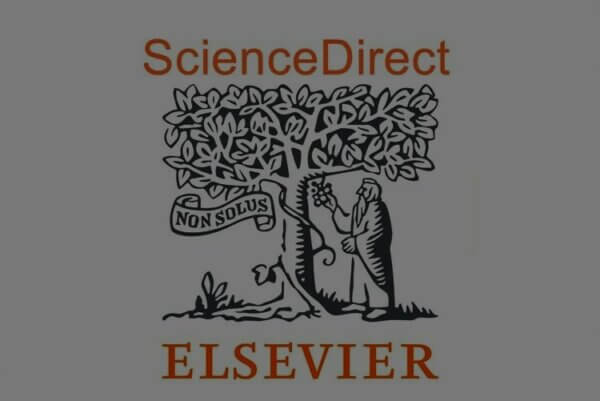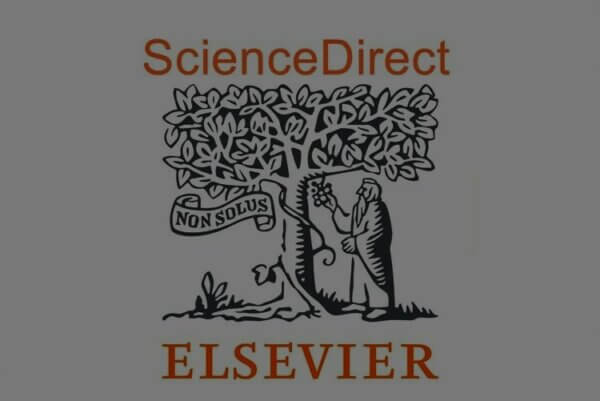We Work With:
- Psychiatrists
- Therapists
- Psychologists
- Neurologists
- Pain Specialists
- Primary Care Physicians
- Coaches
- Social Workers
Treatments for:
- Depression
- Anxiety
- PTSD
- Migraines & Headaches
- CRPS & Chronic Pain
- Immunity & Resilience
Our Services:
- IV Ketamine
- IV NAD+
- IV Nutrients & Vitamins
- Intranasal Ketamine & NAD+
- IV Glutathione
- Ketamine Assisted Psychotherapy (KAP)
Let us help you support your patients!
We pride ourselves on offering our patients a process that is administratively efficient and clinically rigorous while maintining a high level of personalized care and attention.
Latest Science & Research
A Proof-of-Concept Study of Subanesthetic Intravenous Ketamine Combined With Prolonged Exposure Therapy Among Veterans With Posttraumatic Stress Disorder
Paulo R. Shiroma, MD; Paul Thuras, PhD; Joseph Wels, MD; Christopher Erbes, PhD; Shannon Kehle-Forbes, […] Read More
Neurocognitive impact of ketamine treatment in major depressive disorder: A review on human and animal studies
Camilla Crisanti, Paolo Enrico, Alessio Fiorentini, Giuseppe Delvecchio, Paolo Brambilla Published 29 July 2020 | […] Read More
The emergence of ketamine as a novel treatment for posttraumatic stress disorder
Adriana Feder, Sarah B. Rutter, Daniela Schiller, Dennis S.Charney Published 19 June 2020 | https://doi.org/10.1016/bs.apha.2020.05.004 […] Read More
Ketamine Can Reduce Harmful Drinking by “Rewriting” Your Memories
Maladaptive reward memories (MRMs) are involved in the development and maintenance of acquired overconsumption disorders, such as harmful alcohol and drug use. Here we demonstrate that the N-methyl D-aspartate (NMDA) antagonist ketamine is able to disrupt MRMs in hazardous drinkers when administered immediately after their retrieval.
Read More




